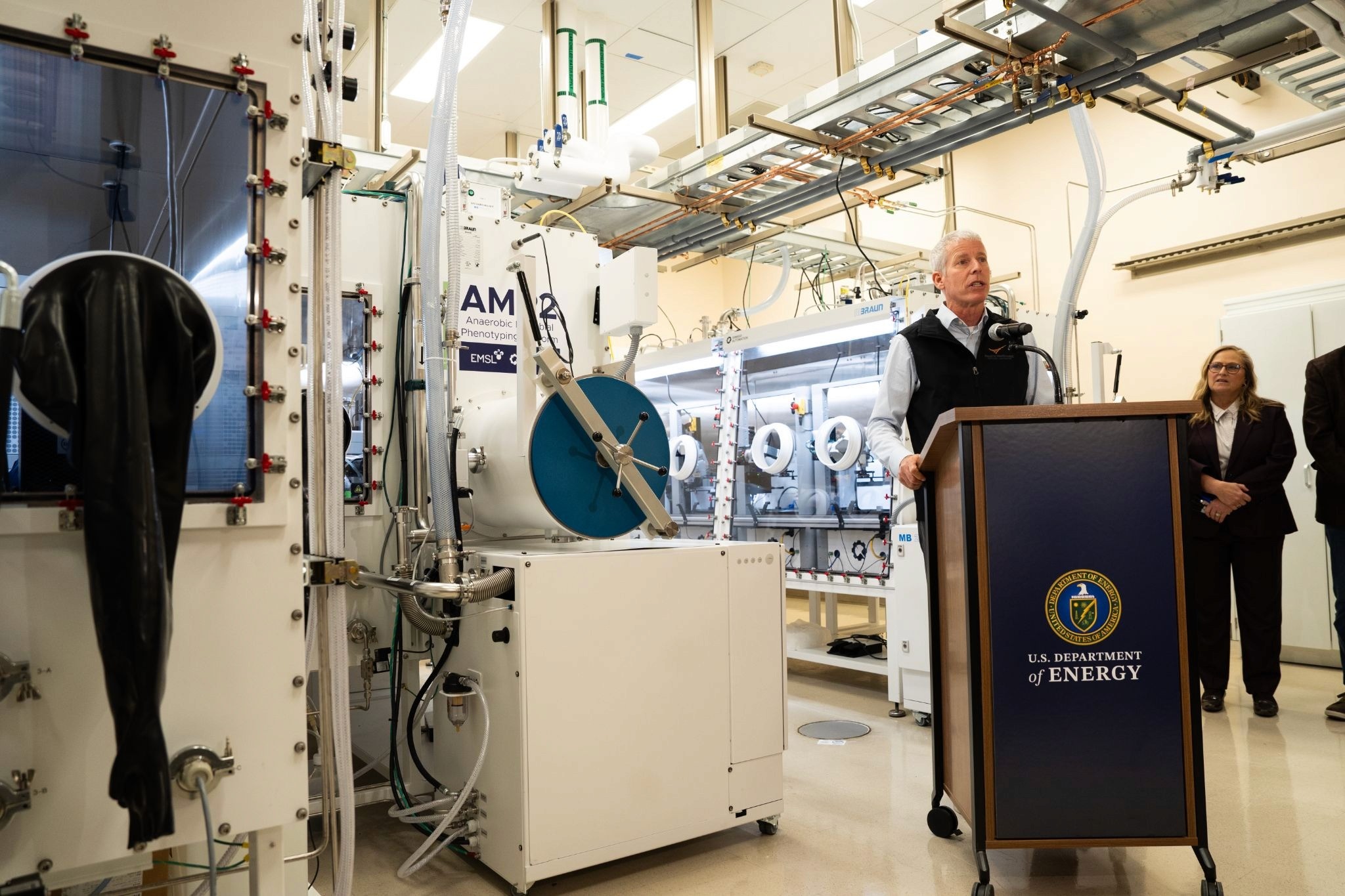Ai Digital Biology
CATALOG Hires Key Scientists, Names Advisory Board to Advance DNA Computing and Storage
Dec 15, 2020
BOSTON (PRWEB) DECEMBER 14, 2020 - CATALOG today announced leaders from the scientific and academic world have joined the company as members of its advisory board, and two key hires have joined the company as scientists. This massive influx of experience and talent will speed the CATALOG’S mission of being the first commercially DNA-based offering for computing and storage.
CATALOG addresses the challenge facing data-intensive industries. The amount of data being produced is outpacing the ability to process and store it. To solve this problem, CATALOG is using synthetic DNA to convert the sequences of 0’s and 1’s used in traditional computing into synthetic DNA sequences of A’s, C’s, T’s, and G’s. With DNA, data can be processed faster and in devices orders of magnitude smaller and denser than standard drives will ever be. Over one billion gigabytes of data can fit into a sugar cube size container of DNA and remain stable for thousands of years. The implications include a dramatic reduction in energy use and facilities costs.
Key members with extensive academic, scientific, and government lab expertise joining the advisory board include:
Anne Condon, Ph.D. and Professor at the University of British Columbia. Anne’s research is focused on computational complexity theory and design of algorithms. She has extensive experience in bioinformatics, hardware verification, and combinatorial auctions. Much of her current work focuses on models (such as Chemical Reaction Networks) and algorithms for computing with molecules and methods for predicting DNA kinetics.
Brenda Dietrich, Ph.D. and Geoffrion Family Professor of Practice at Cornell University and a member of the National Academy of Engineering. Brenda joined Cornell in 2017 after a 33-year career at IBM, where she was one of less than 100 active Fellows. At IBM, she managed the applied data and computation to business decision processes. For over a decade, she led the Mathematical Sciences function in the IBM Research Division and was responsible for basic research on computational mathematics and the development of novel applications of mathematics for both IBM and its clients.
Jeffrey A Nichols, Ph.D. and Associate Laboratory Director for Oak Ridge National Laboratory’s Computing and Computational Sciences. Jeff oversees the Department of Energy’s (DOE) National Center for Computational Sciences (NCCS), the site of the Oak Ridge Leadership Computing Facility (OLCF), which delivers state-of-the-art scientific research and technological innovations. The OLCF is home to Summit, the nation’s most powerful computing resource. Nichols also leads ORNL’s agenda in advanced high-performance computing in priority areas such as materials science, fusion energy, and health data, as well as the laboratory’s quantum computing and artificial intelligence initiatives.
David A. Weitz, Ph.D. and Mallinckrodt Professor of Physics & Applied Physics and professor of Systems Biology at Harvard University. David is the co-director of the BASF Advanced Research Initiative at Harvard, co-director of the Harvard Kavli Institute for Bionano Science & Technology, and director of the Harvard Materials Research Science & Engineering Center.
“CATALOG is at a critical point in our growth with a vision for DNA for computing and storage,” said CATALOG CEO and Co-founder Hyunjun Park. “The industry, scientific, and academic experience in our new advisory board will help set the direction for trials and test with end-user customers. The new scientists joining the team will help make it a reality.”
Joining CATALOG as a principal scientist is Tracy Kambara and Liz Shtrahman as a data scientist.
Tracy Kambara holds a Ph.D. in Genetics and Genomics from Harvard and a B.S. Biology from MIT. Prior to joining CATALOG, Tracy was a Senior Member of the Technical Staff at Draper Labs on the Synthetic Biology team. Before that, Tracy worked on DNA research for government programs such as DARPA and IARPA.
Liz Shtrahman holds a Ph.D. in Physics from the University of Michigan and is a Postdoctoral Fellow, Department of Molecular and Cellular Biology, at Harvard. Liz’s postdoctoral work focused on investigating the neuronal activity patterns underlying learning and memory in behaving animal models, with an emphasis on data analysis and modeling.
About CATALOGFounded in 2016 by MIT scientists, CATALOG is the first company to have developed a solution to make DNA data storage and computing commercially viable. Humanity is generating more data than there is a means to store or compute using traditional technologies, and that growth is exploding exponentially. CATALOG’s DNA data storage solution is more reliable, sustainable, and transferable than conventional data storage methods and could fit the entirety of the world’s data into a coat closet. The computational platform will extract value from previously unstorable data. The company is based in Boston. For more information about CATALOG, visit http://www.catalogdna.com.

















